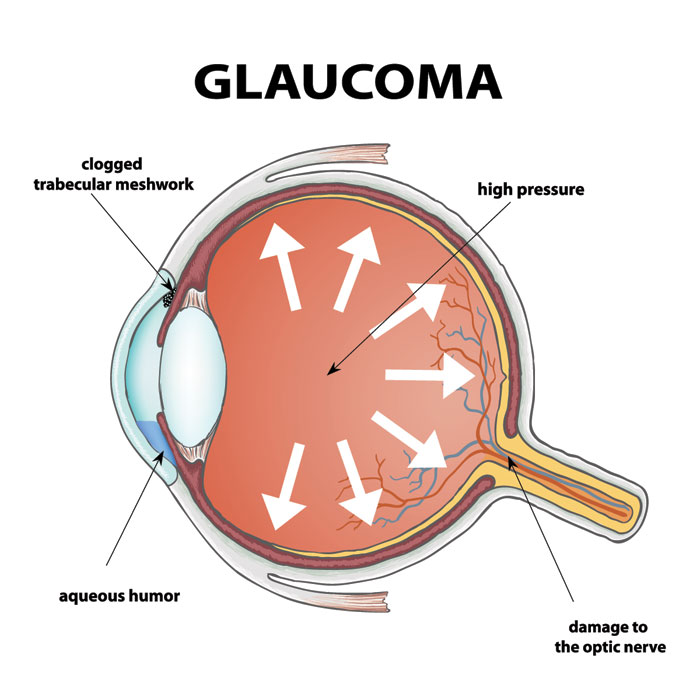An In-depth Look at Glaucoma: Its Complications and Management
Introduction
Glaucoma, often called the “silent thief of sight,” is one of the leading causes of blindness worldwide. Its gradual nature makes early detection difficult, but understanding its complications and knowing how to manage it can help prevent irreversible vision loss. This guide explores the major complications of glaucoma and effective management strategies.
Complications of Glaucoma
Glaucoma can lead to serious and lasting complications if not addressed promptly. Key issues include:
- Vision loss: The most significant complication, starting with peripheral vision loss and potentially leading to total blindness if untreated.
- Severe eye pain: Often associated with advanced glaucoma or angle-closure attacks.
- Difficulties adapting to low light: Many patients experience trouble adjusting to dark environments.
- Reduced quality of vision: Even after treatment, some patients may notice decreased visual clarity.
- Psychological impact: Vision impairment can lead to anxiety, depression, and challenges in daily life, affecting overall well-being.
Managing Glaucoma: Proven Strategies
The primary goal of glaucoma management is to prevent further optic nerve damage by reducing intraocular pressure (IOP). Management strategies include:
- Medications: Prescription eye drops are the first line of defense to lower eye pressure. These must be used consistently as prescribed.
- Laser treatments: Procedures such as laser trabeculoplasty improve fluid drainage and help reduce IOP.
- Surgical options: In advanced cases, surgeries like trabeculectomy or minimally invasive glaucoma surgery (MIGS) may be recommended for long-term pressure control.
Early detection is essential. Regular eye exams can identify changes in eye pressure and optic nerve health before vision loss becomes severe.
Lifestyle Adjustments for Glaucoma Patients
Living with glaucoma requires proactive lifestyle management. Helpful steps include:
- Regular exercise: Low-impact activities like walking can help maintain overall eye health without increasing eye pressure.
- Balanced diet: Nutrient-rich foods, especially those high in antioxidants, support eye health.
- Adherence to treatment: Following prescribed medication schedules and attending check-ups consistently is crucial.
- Emotional well-being: Joining support groups or seeking counseling can help manage stress and anxiety related to vision changes.
Living with Glaucoma
Coping with glaucoma may involve using visual aids and adopting adaptive strategies to maintain independence. Developing a strong support system—family, friends, and healthcare professionals—can make daily challenges easier to handle.
Conclusion
Glaucoma’s silent progression and potential complications highlight the importance of early detection and consistent management. With timely treatment, regular monitoring, and lifestyle adjustments, it’s possible to slow the disease and maintain quality vision. Stay vigilant about your eye health because prevention and proactive care make all the difference.




